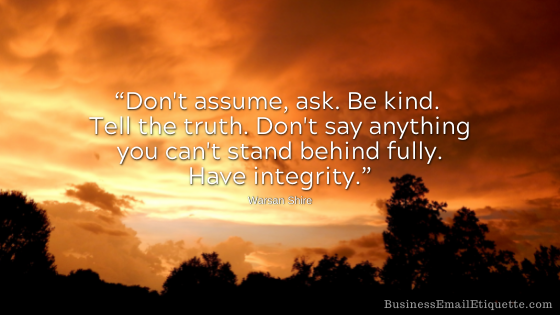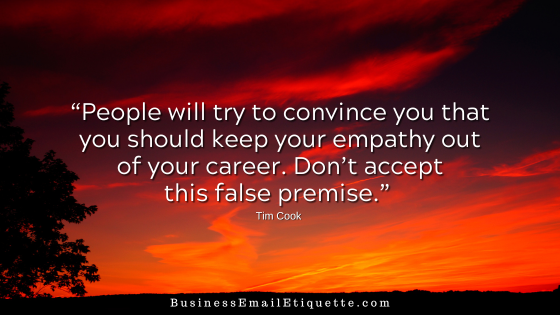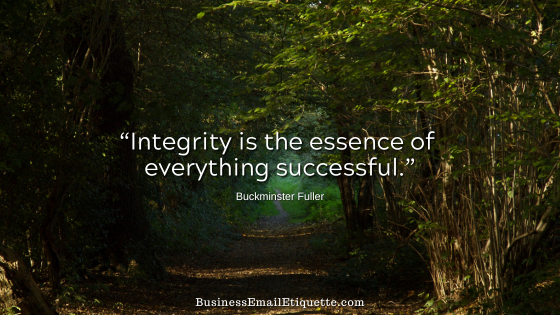Email + Assumptions = Not good.

Assuming is never really a good approach. However, the online world tends to be a topic a lot of folks think they know a lot about. Everyone is an expert… at something.
Being online and more so if you have a website, you will inevitably receive emails where the senders assume something about you, your website, or your business. Unfortunately, some assumptions can be accusatory and based on no actual info/experience. It is clear that the inquirer doesn’t understand the issue at hand.
So how do you respond to “assumers?” Here are a few considerations on how to handle these types of emailers. (Or are you an “assumer” who needs to amend your ways?)
Do you assume?
Having assumptions about technology issues or any subject for that manner is not wise based on limited knowledge or experience. Moreover, doing so tends to leave a negative impression or that you are not open to new information.
I make a point not to assume things about topics I know very little about. For example, I do not assume to know how my car works because I drive one. I am not a mechanic.
Over the years, I’ve found that it is common for folks to tend to assume a little more when it comes to technology. Maybe they built a website once or have played with coding. Or, it could be they’ve had a website for some time and honestly believe they know enough to know enough.
They probably know more than the folks around them, making them overly confident in their limited knowledge. They think they know enough to tell proven professionals how to fix what they perceive is broken. And how simple it should be to do so.
You don’t want to be that person. In any venue, business, or relationship on or off-line.
Not Good for Relationships
Indeed, this approach does not bode well when trying to make a positive impression or developing new business relationships or partnerships. Nor would assuming and overreacting with coworkers lead to a positive teamwork environment.
I’ve lost count of the number of times I’ve been told that something was broken or not working and that I should fix it. Only to have to advise that the issue could be solved by any one of the sender’s user settings (incorrect email settings, clearing a cache, rebooting a computer, checking firewall settings, checking spyware/adware settings, or spam filtering settings). Nothing was broken to fix.
Proper Approach
On topics I have no expertise in, here is what I do. First, when I have a concern or think something may be “wrong,” I ask a question in a genuinely courteous and curious manner. Not in an accusatory tone, not with the intent that I am trying to point out what the other side, in my view, doesn’t know.
Nor do I ask in a way to try and display my knowledge. Instead, I want to understand and find out what’s up.
It’s pretty easy — always ask questions before assuming.
Regardless of the Topic at Hand
Let’s face it. Technology has evolved at a rate most humans cannot keep up with, even for folks like me who do tech for a living. I get that. If technology is anything, it is an ongoing learning experience. And, boy, can it be frustrating!
That frustration can turn some folks into their evil twin. Don’t take it personally, be calm and helpful and in most cases, things are easily resolved with this approach.
Unless you have solid proficiency in the issue at hand, check your perceptions (and ego) at the door. That opens you up to learning. In addition, no one wants know-it-all partners, clients, or coworkers, right?
When you run into folks who communicate in this manner, do what I do. Reply in a courteous, professional, factual, and informative way so that they can learn how their assumption indicated how much they don’t know while teaching them something on a topic they thought they knew all about. Win-win!






